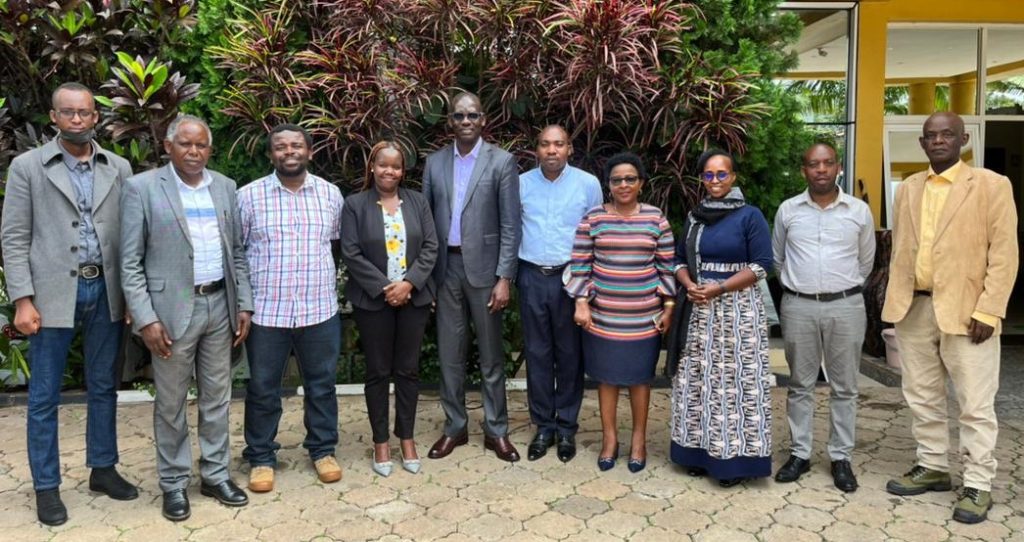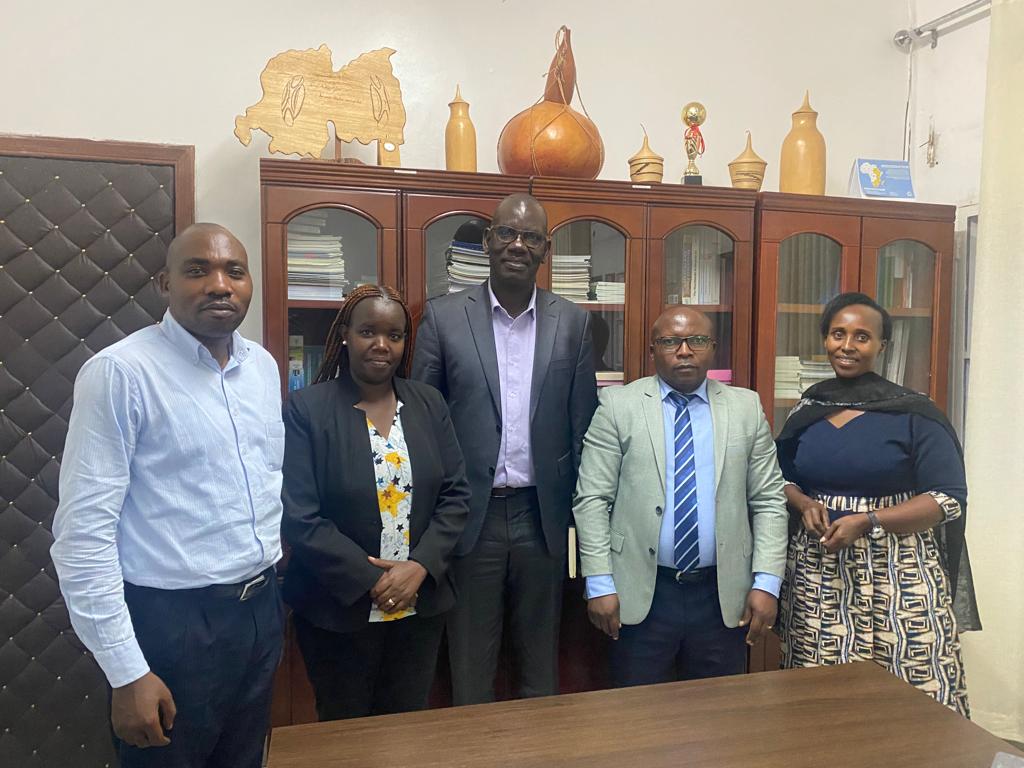
Kigali-Rwanda 12th May: In the pursuit of sustainable development and food security, agricultural extension services play a pivotal role in bridging the knowledge gap between researchers, farmers, and other stakeholders. Recognizing the significance of effective agricultural extension systems, the African Forum for Agricultural Advisory Services (AFAAS) and the Global Forum for Rural Advisory Services (GFRAS) joined forces on the 10th-11th of May 2023 to reactivate the Forum for Agricultural Advisory Services, Rwanda (FAAS-Rwanda). This collaborative effort aims to revitalize and strengthen the agricultural extension system in Rwanda, empowering farmers and promoting sustainable agricultural practices.
In 2012, the different stakeholders in agriculture extension and advisory services delivery, supported by the Ministry of Agriculture and animal resources (MINAGRI) and the African Forum for Agricultural Advisory Services (AFAAS), established FAAS-RWANDA.
FAAS-Rwanda will focus on enhancing the capacity of agricultural advisory services to deliver timely and relevant information to farmers. By reactivating FAAS -Rwanda, AFAAS and GFRAS aim to address the challenges faced by the country’s agricultural sector and contribute to its overall growth and development.
Rwanda, known as the “Land of a Thousand Hills,” has a predominantly agrarian economy, with agriculture employing a significant portion of the population. However, like many other countries, Rwanda faces numerous agricultural challenges, including limited access to information, inadequate extension services, and climate change impacts. These challenges hinder productivity, limit farmers’ income-generating potential, and pose risks to food security.

The reactivation of FAAS-Rwanda is a significant step towards addressing these challenges. It involves the collaborative efforts of AFAAS, GFRAS, and various national stakeholders, including government agencies, agricultural research institutions, farmer organizations, and non-governmental organizations. This partnership aims to create a dynamic and sustainable agricultural extension system that responds to the needs of Rwandan farmers and promotes resilient and productive farming practices.
Additionally, reactivating FAAS-Rwanda will strengthen the capacity of agricultural extension workers. This involves providing training and capacity-building programs to extension personnel, equipping them with up-to-date knowledge, and enhancing their skills in delivering effective advisory services to farmers. By investing in the professional development of extension workers, FAAS-Rwanda aims to improve the quality and reach of agricultural extension services across the country.
Additionally, FAAS-Rwanda will leverage the power of information and communication technologies (ICTs) to enhance the delivery of extension services. This includes the development of digital platforms, such as mobile applications and online portals, to disseminate agricultural information, best practices, and market trends. The utilization of ICTs will help overcome traditional barriers to information access and enable farmers to make informed decisions, optimize resource utilization, and improve their farming techniques.
Furthermore, FAAS-Rwanda will promote the establishment of farmer advisory and support networks, encouraging collaboration and knowledge sharing among farmers, extension workers, and other stakeholders. These networks will serve as platforms for farmers to access information, exchange experiences, and voice their concerns. By fostering strong farmer networks, FAAS-Rwanda aims to empower farmers, promote peer learning, and facilitate the adoption of innovative farming practices.
The reactivation of FAAS-Rwanda aligns with the country’s broader agricultural development agenda, as outlined in the National Agriculture Policy and the Vision 2050. By enhancing the agricultural extension system, FAAS-Rwanda will contribute to Rwanda’s goals of increased agricultural productivity, improved food security, and poverty reduction.
The successful reactivation of FAAS-Rwanda requires sustained commitment and collaboration from all stakeholders involved. It demands strong partnerships between government institutions, research organizations, farmer associations, and civil society groups. Additionally, adequate financial resources and institutional support are crucial for the long-term sustainability of FAAS-Rwanda
